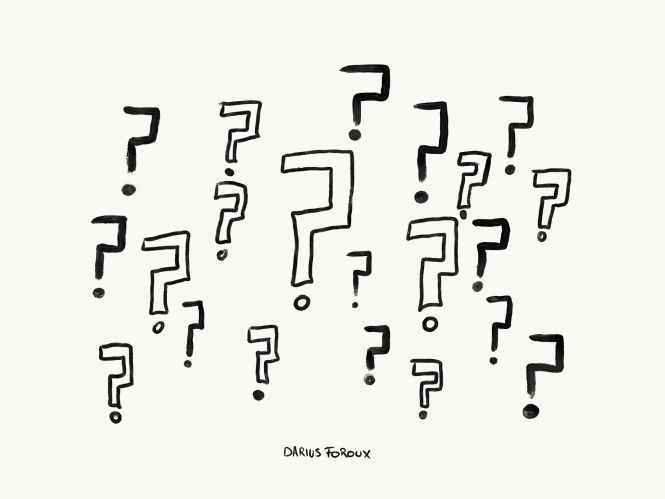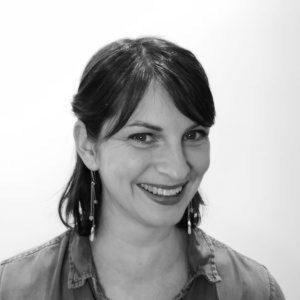Categories
We don’t hold the answers, but, we do hold an abundance of questions. We try to organize our work as iterative, action learning cycles, moving between curiosities, observations, ideas and experiments. Rather than let tasks be our master, we seek to have questions — and discernment — be our guide. Philosopher William James reminds us that, “A great many people think they are thinking when they are merely rearranging their prejudices.”
So in 2021, here are twenty-one questions that will guide us, as we learn alongside Vancouver Foundation, the B.C. Representative for Children and Youth, Degrees of Change, the City of Edmonton, Exeko and Emily Carr University.
Questions about big ideas
Justice
1. What’s the relational basis for justice? As in what kinds of relationships (and underlying beliefs) are necessary to move towards justice?
2. What does it look like for a foundation to centre justice — for justice to be the basis for collecting, investing and distributing an unequal resource, wealth? What even is justice, and what would be different from a redistributive, contributive, transformative, restorative or procedural justice lens?
Grief, Loss, Healing
3. How do we help create new kinds of public spaces for grief and loss, recognizing grief and loss as experiences which can connect us versus isolate us, and re-write scripts about when, where, how we mourn and heal?
Stigma, Othering, Connection
4. How do we bring together all of our learning in the disability space over the past seven years to re-launch our platform, and refresh its theory of change?
5. How do we create a platform that explicitly addresses ableism and celebrates neurodiversity whilst breaking down the silos between disability, mental health, and aged care services?
6. How do we enable neighbours to reconsider and redraw the boundaries and borders between each other? How do we test a new role that strengthens neighbours connection to place, re-framing the ways we think about and engage those we fear, dismiss and ‘other’?
Questions about relationships
7. How do we strengthen our commitment to partnership, honing the way we address the gap between intentions and contractural realities (often, as contractors or sub-contractors) and improving communication and conflict resolution practices?
8. How do we balance the courage to be disliked (which we see as essential for transformation) with humility, and avoid dismissing or not engaging with those who disagree or resist?
9. How do we challenge dogma and ideology, however it shows up and regardless of its political persuasion, without shaming and blaming?
10. How do we continue to bring a plurality of lived experiences into our team — especially from Black and Indigenous backgrounds and across class lines— creating new kinds of roles and building relationships through mechanisms like paid fellowships, paid advisors and artistic commissions?
11. How do we practice horizontal relationships — that is, relationships rooted in equality, appreciation of difference, separation of tasks, and mutuality — with organizations, funders, team members and community members?
12. How do we keep up energy and momentum as we go into month ten of remote working? What are ways to continue feeling like a creative and unified team?
Questions about methods
13. How do we experiment with fresh ways to share stories of the past, present and future — through the blend of ethnographic, creative non-fiction, and speculative design?
14. How do we make abstract concepts — like justice and grief — understandable and pragmatic? How do we help people to see the ideas that currently drive their beliefs and behaviours, interrogate them, and consider some of the alternatives?
15. How do we use prototyping not just to build new solutions, but to show the logics behind those solutions and to find allies and champions?
16. What kinds of tools might we create to set the stage for people in vertical relationships (e.g professional-client, manager-staff) to reflect on when and how power shows up, and to practice relational ethics?
Questions about measurement
17. How do we visualize moments of change and how they accumulate over time? How do we come to value moments (e.g a moment of joy, connection, self-awareness) rather than instrumentalize moments, only seeing them as valuable if they result in a particular outcome (e.g employment)?
18. How do we enable systems to see the underlying logics that drive what they count, how they interpret data, and the ways in which they make ‘evidence-based’ decisions?
19. How do we build neighbourhood infrastructure to capture a community’s sense of well-being in real-time (not just the census every few years) and learn how to use that intelligence to shape resources?
Questions about what next
20. How do we begin to tee-up a sabbatical for 2022 to give us space to re-imagine what InWithForward does going forward? What will we say ‘no’ to?
21. What new contexts to do we wish to explore? Our work has been Ontario, Alberta and BC-based for the past five years. Where next?

